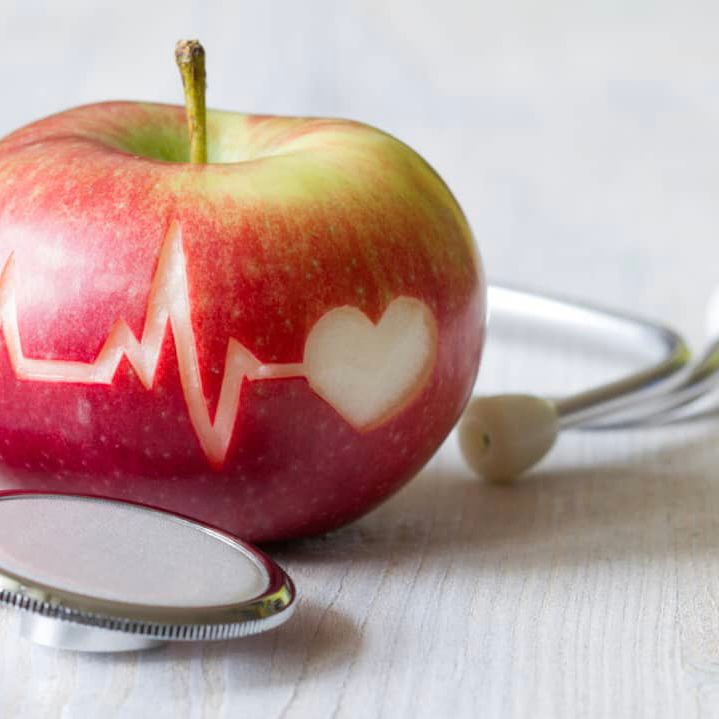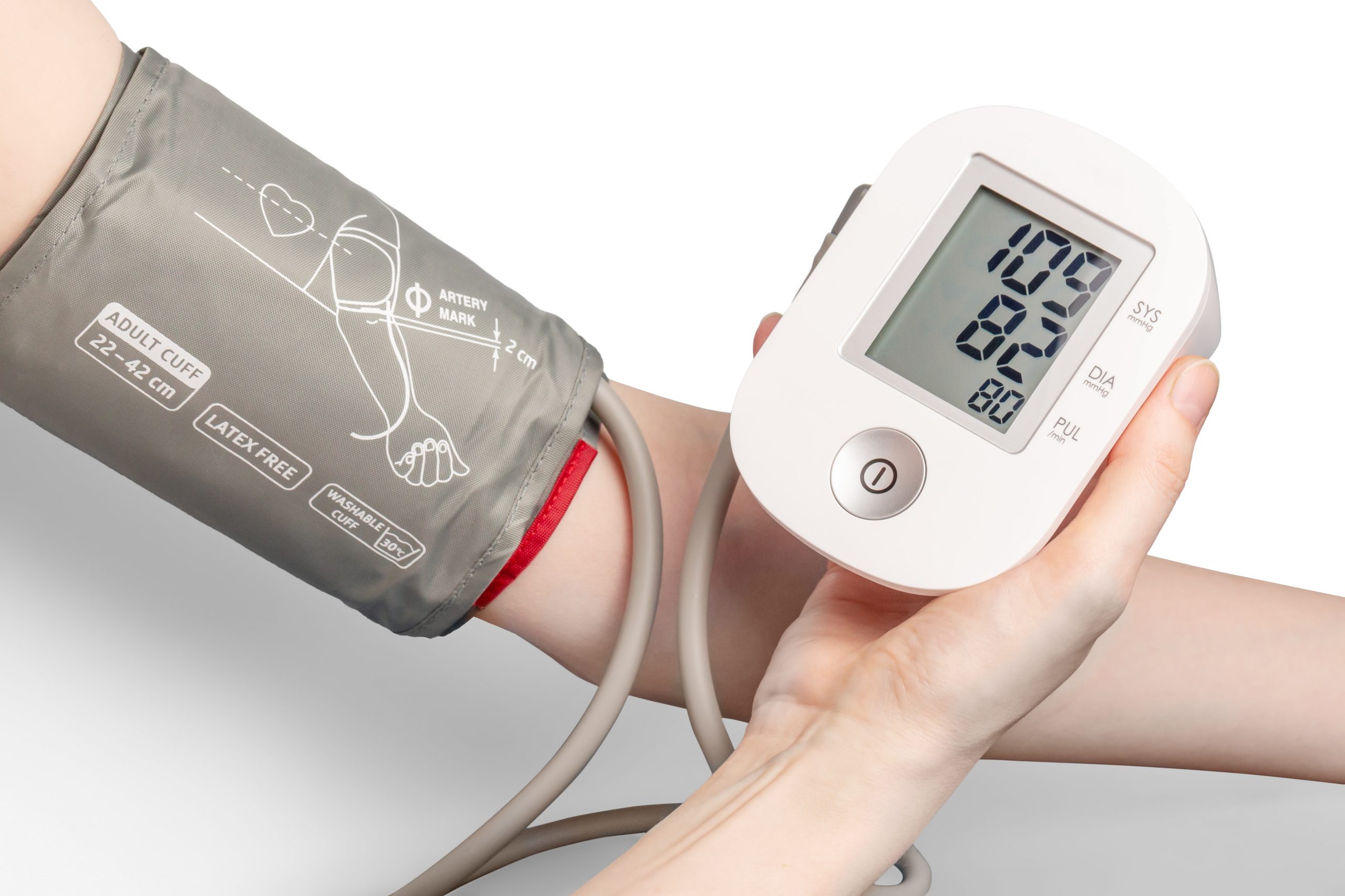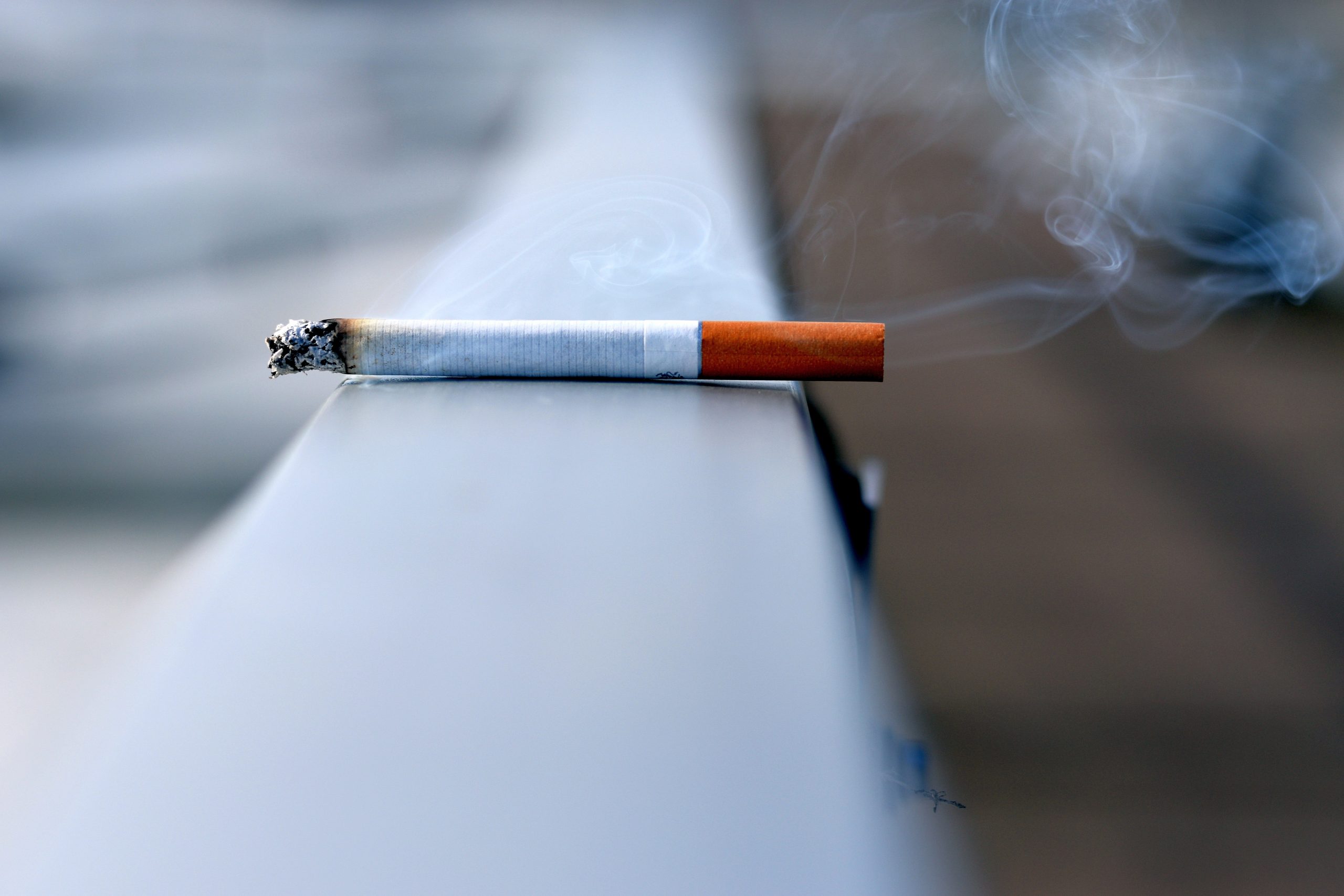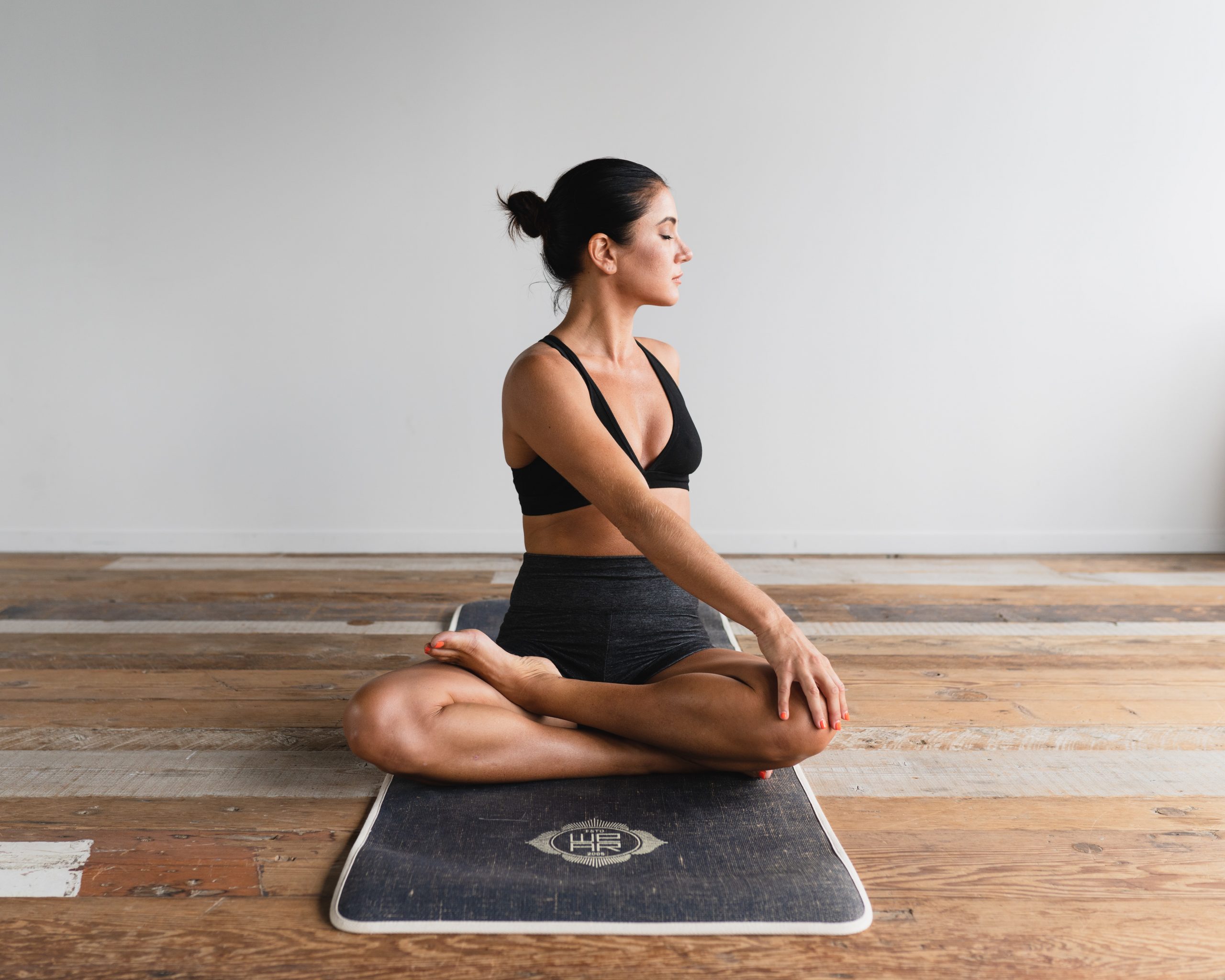5 Easy Tips To Help Reduce High Blood Pressure

A fashion and culture enthusiast who's really a food loving…
A lot of young people make the error of thinking that high blood pressure is associated with old age when in fact, this dangerous medical condition can affect just about anyone. According to Medical News Today, high BP affects 1 in 3 people in the US and at least 1 Billion people worldwide.
High blood pressure, also known as hypertension, is also called the “silent killer” and for good reason. It often has no symptoms, but it’s a major risk for heart disease and stroke. When we talk about BP, you have to note that two numbers matter in the measurement — Systolic blood pressure and Diastolic blood pressure.
What are they?

1. Systolic blood pressure: This is the top number and it represents the pressure in your blood vessels when your heart beats.
2. Diastolic blood pressure: Being the bottom number, this represents the pressure in your blood vessels between beats, when your heart is resting.
BP lower than 120/80 mm Hg is considered normal. However, when your BP gets to 130/80 mm Hg or more, then it is considered high. If your numbers are above normal but under 130/80 mm Hg, you fall into the category of elevated blood pressure. This means that you’re at risk of developing high BP. The good news is that with some lifestyle changes, you can reduce your numbers and lower your risks.
Here are 5 major tips to help reduce your blood pressure…
#1. Quit smoking

Smoking increases the formation of plaque in blood vessels which in turn can have negative consequences on your blood pressure. The chemicals in ingested during puffing can “cause the blood to thicken and form clots inside veins and arteries,” per the CDC. That is to say, if you’re on the quest to reduce your blood pressure and you’re a heavy smoker, you should probably begin by putting out that stick.
#2. Drop the pounds

Reputable health publication, Mayo Clinic states that “you may reduce your blood pressure by about 1 millimeter of mercury (mm Hg) with each kilogram (about 2.2 pounds) of weight you lose.” Simply put, dropping some pounds, no matter how little, can play a prominent role in helping you reduce your blood pressure. Therefore, if you’re overweight, your blood pressure should be a good reason to shed some weight.
#3. Increase activity

Exercising makes a lot of difference in your health. No matter how lazy you think you are, you can aim for a half-hour of workout at least five days a week. These sessions don’t need to be intense as simple activities like walking and jogging are enough to engage your heart, and in turn, your health. But we do advise that you pick an exercise you enjoy doing because that is enough to convince you to be religious with it. This can be anything from dancing to riding a bike, running, taking a walk, etc.
#4. Watch what you eat

Try to eat a balanced diet with plenty of fresh fruit and vegetables. Too much salt raises blood pressure, so try to limit your intake to less than a teaspoonful each day. Also, control how much alcohol you drink. While small amounts may lower your blood pressure, large amounts can have the opposite effect. It’s advisable to cut down on refined sugar and carbohydrates also.
#5. Learn to manage stress

When you are stressed, your body is constantly in flight or fight mode. Lowering your stress levels helps to keep your blood pressure normal. Try mind-body exercises like yoga and tai-chi. You can equally listen to calming music or any song of your choice. Finally, sitting in the sun has been said to help boost feel-good chemicals called endorphins and lower your BP. However, ensure to catch that sun-time just before 10 am to avoid exposing your skin to harmful rays. And yes, you should make good use of your sunscreen while at it. Furthermore, rest is imperative in battling stress, so endeavor to get at least 6 hours of sleep each night. Research has shown that long-term sleep deprivation can increase the risk of high blood pressure.
Featured image: istockphoto
Medical Disclaimer
All content found on StyleRave.com website, including text, images, audio, video, and other formats are created for informational purposes only. The content is not intended to be a substitute for professional medical advice, diagnosis, or treatment. If you think you may have a medical emergency, please call your doctor, go to the nearest hospital or call 911 immediately depending on your condition.
For the latest in fashion, lifestyle and culture, follow us on Instagram @StyleRave_
This is a Style Rave original content exclusively created for our readers. If reproduced, distributed, transmitted, cached, or otherwise used by any other publishing house or blogs, such use should provide a direct link to this source article. Use of and/or registration on any portion of this site constitutes acceptance of our Terms & Conditions and Privacy Policy.
—Read also
A fashion and culture enthusiast who's really a food loving adventurer at heart. At Style Rave, we aim to inspire our readers by providing engaging content to not just entertain but to inform and empower you as you ASPIRE to become more stylish, live smarter and be healthier. Follow us on Instagram @StyleRave_ ♥




